1. Newhart – The Dream Ending No One Saw Coming
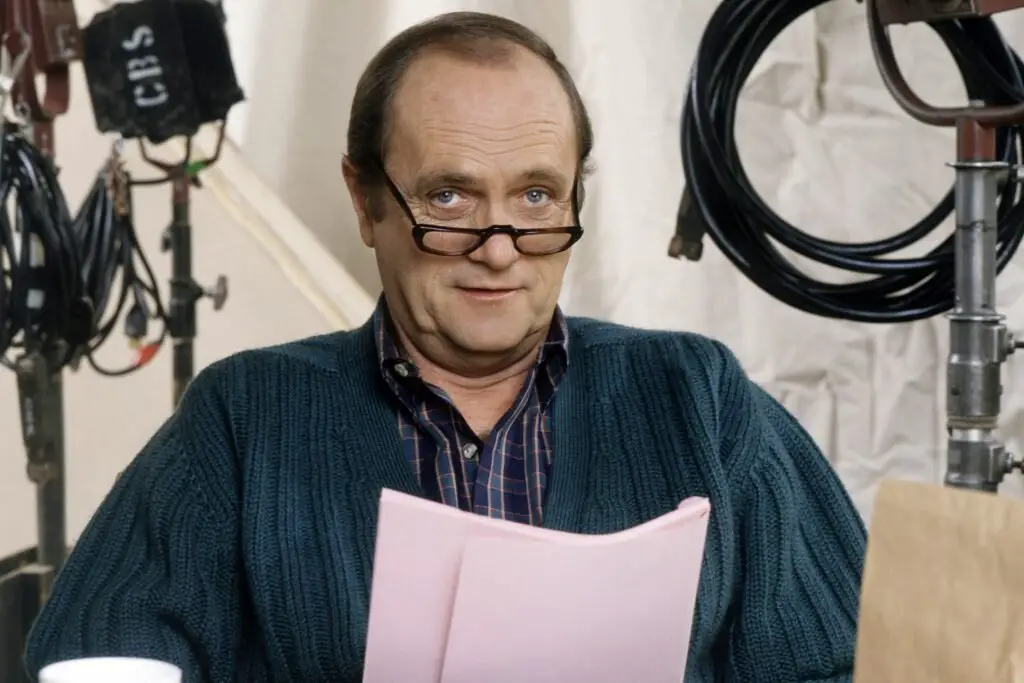
After eight seasons of managing a quirky Vermont inn, Bob Newhart’s character, Dick Loudon, seemed to be living the ultimate sitcom life. But when the final episode aired in 1990, viewers were floored by a twist no one could’ve predicted. Dick wakes up in bed next to Suzanne Pleshette, his wife from The Bob Newhart Show, revealing that Newhart was all just a dream. It was an outrageous, hilarious, and surreal twist that left audiences gasping and laughing all at once.
This ending flipped the script on how sitcoms could conclude. It broke the fourth wall in a way that hadn’t really been done before and became an instant TV legend. Fans debated the meaning for years, and writers studied it as a masterclass in comedic surprise. The risk paid off, and it inspired countless other shows to get creative with their finales. Even today, when a show ends with a twist, Newhart often gets the credit for doing it first—and best.
2. Diff’rent Strokes – Kimberly’s Kidnapping
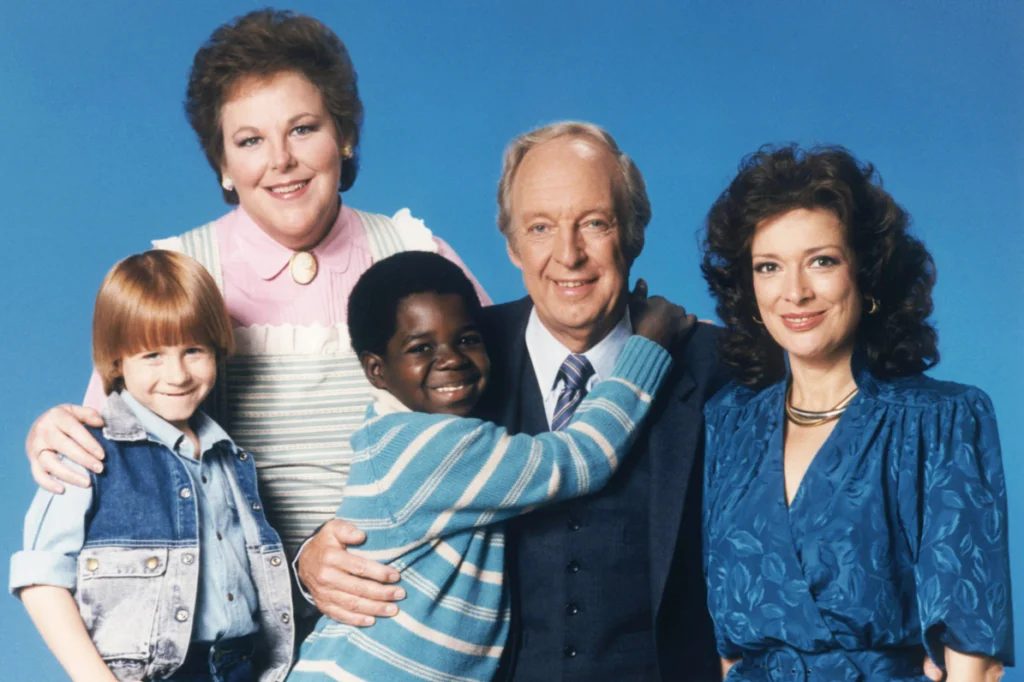
Diff’rent Strokes was known for mixing heartfelt moments with comedy, but the episode where Kimberly is kidnapped took a dark and unexpected turn. A man posing as a photographer lures her away with promises of modeling work, and the lighthearted sitcom suddenly turns into a tense, emotional drama. There’s no laugh track, no jokes—just fear, confusion, and the kind of realism that hits hard.
For a show that featured Arnold’s catchphrases and lovable family dynamics, this episode stood out like a thunderclap. It pushed the limits of what a sitcom could cover and tackled child exploitation with a boldness that few family shows dared to try. Viewers were shocked, but the episode became one of the most talked-about of the series. It opened the door for more serious topics to be addressed in sitcoms, showing that comedy could carry real-world weight too.
3. Family Ties – Alex’s Heartbreak
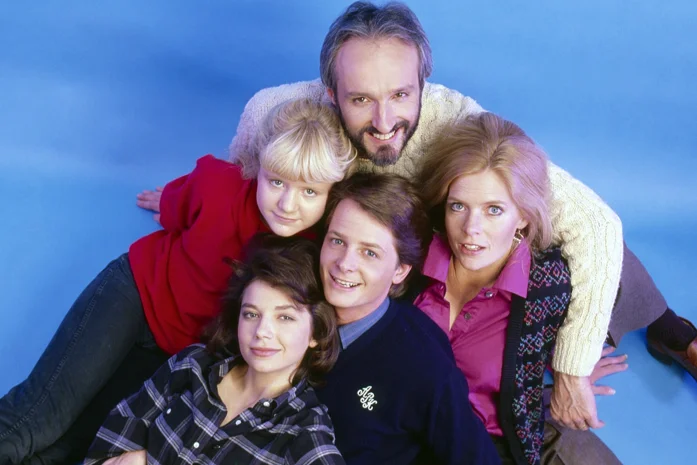
When Alex P. Keaton fell in love with Ellen, played by Tracy Pollan, it brought a whole new layer to Family Ties. Their relationship was sweet, but when she moved away and broke things off, Alex was crushed. What followed was an emotional spiral that showed a side of him fans hadn’t seen before. He wasn’t just the confident, money-minded teen anymore—he was heartbroken and vulnerable.
Michael J. Fox delivered a performance so raw and moving that it earned him an Emmy. It was rare at the time for a sitcom to let a male character, especially one as emotionally guarded as Alex, experience such open sadness. The storyline didn’t end with a rebound or quick joke either—it lingered. And it made viewers feel something deeper than the usual sitcom laugh. That twist changed how sitcoms handled grief, especially for young men.
4. Growing Pains – Carol’s Friend Dies by Suicide
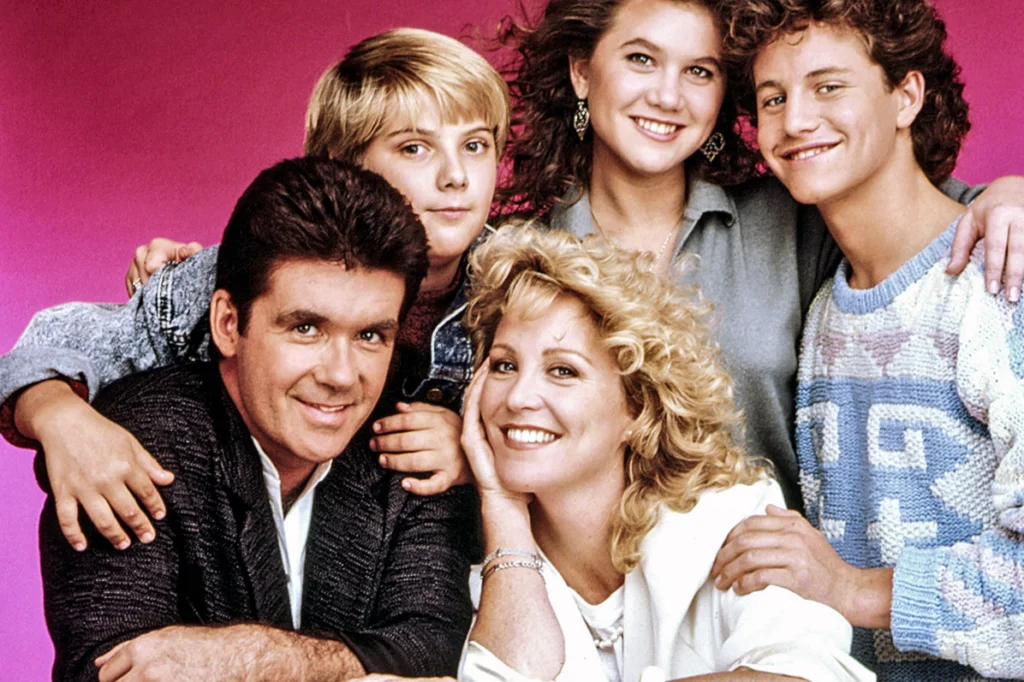
In one of the most unexpected and emotional episodes of Growing Pains, Carol’s close friend—who seemed happy and stable—dies by suicide. The shift from teen drama to tragedy was jarring, and the episode unfolded without the safety net of comedy. It was quiet, sad, and deeply unsettling. It wasn’t something audiences expected from a family sitcom in the ’80s.
The show didn’t offer easy answers, which made it all the more powerful. It highlighted how people can hide their pain and how those left behind struggle to understand. A public service message followed the episode, urging viewers to seek help if they needed it. That kind of direct outreach was almost unheard of back then. The twist was heartbreaking, but it left a mark, proving that sitcoms could be both entertaining and life-changing.
5. The Facts of Life – Natalie’s Decision
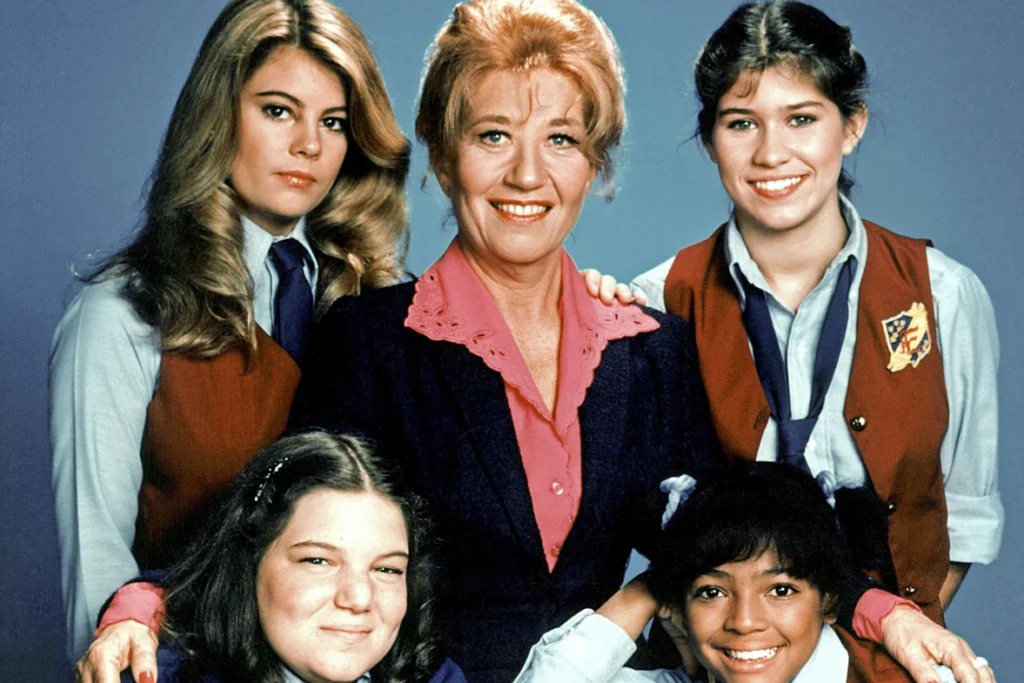
Natalie Green was always portrayed as the quirky, confident member of the Facts of Life crew, so when she made the decision to lose her virginity, the show treated it with surprising maturity. There was no moral punishment, no panic or scandal—just an honest conversation about love, responsibility, and choice. For a sitcom in the ’80s, that was pretty radical.
Instead of using the moment for shock value, the writers let it unfold naturally. Natalie talked things over with her friends and made her decision with clarity, not recklessness. It was a quiet twist that turned heads without relying on melodrama. The episode showed that teen girls on TV could have agency and still be respected. It opened the door for more grounded portrayals of young women navigating growing up.
6. Cheers – Diane Leaves Sam at the Altar
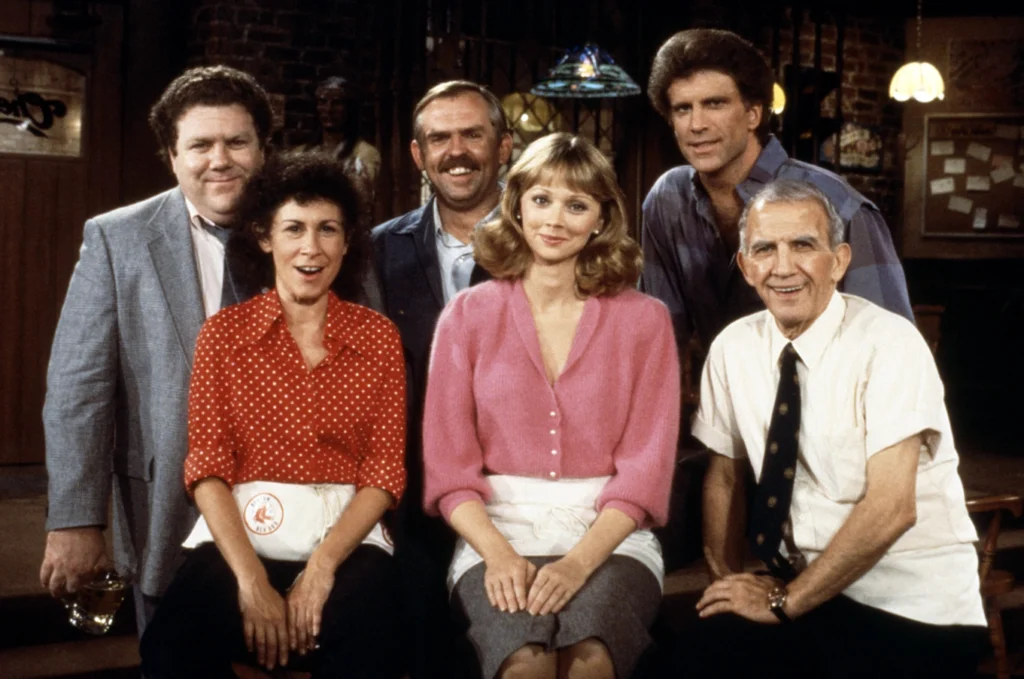
For five seasons, Cheers built up the classic will-they-won’t-they tension between Sam and Diane. Viewers were convinced they’d finally get their happily-ever-after when the two planned to marry. But in a last-minute shock, Diane walks out on Sam to pursue her writing career. It wasn’t just a breakup—it was a full rejection of the sitcom romance formula.
Fans were stunned, and not all of them were happy. But the move gave Cheers a level of emotional honesty that made it stand out from other shows. The characters didn’t follow a neat romantic arc, and the story reflected real-life complexities. It proved that sitcoms didn’t need to tie everything up with a bow. That choice paved the way for more unpredictable, nuanced relationships on television.


